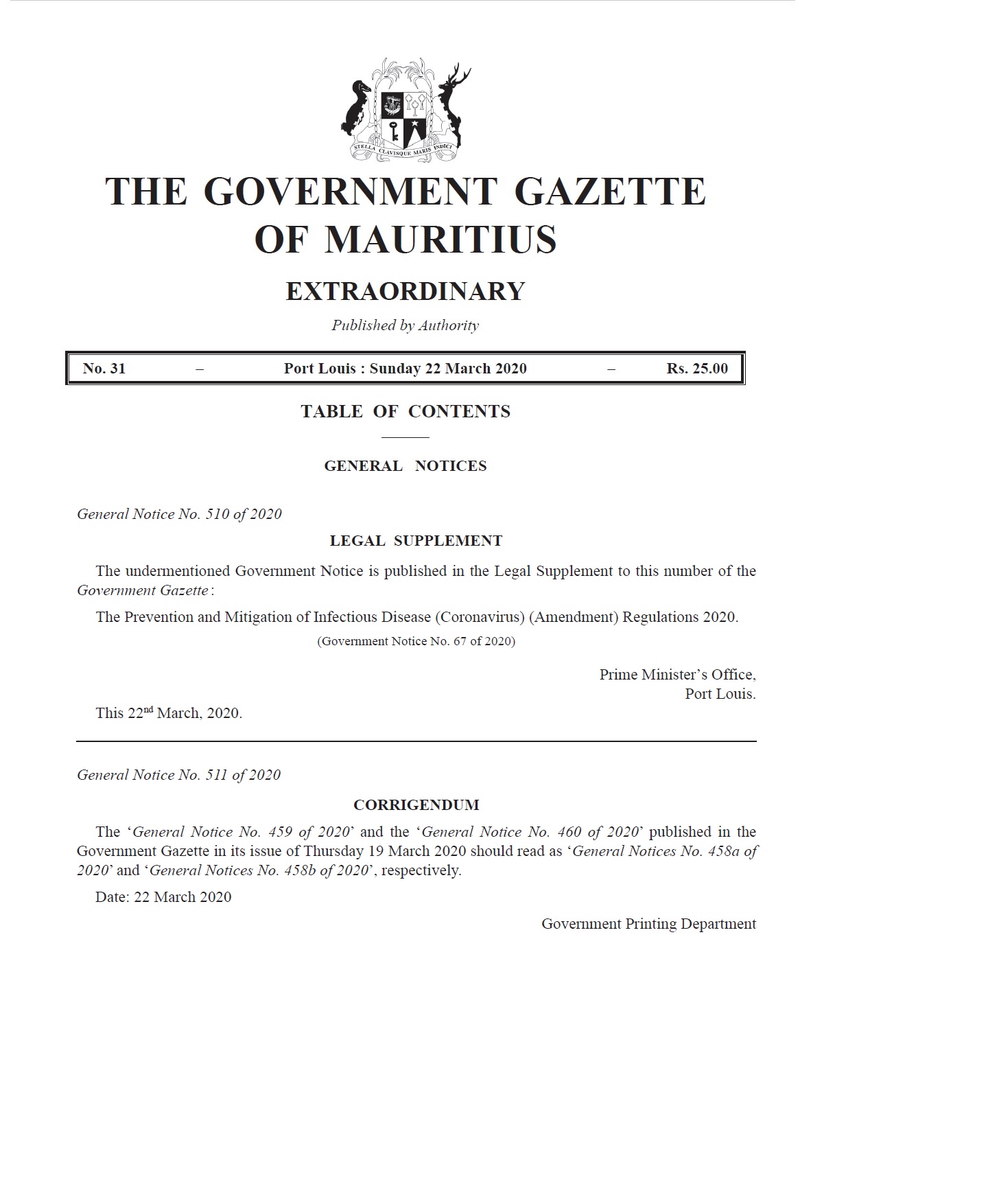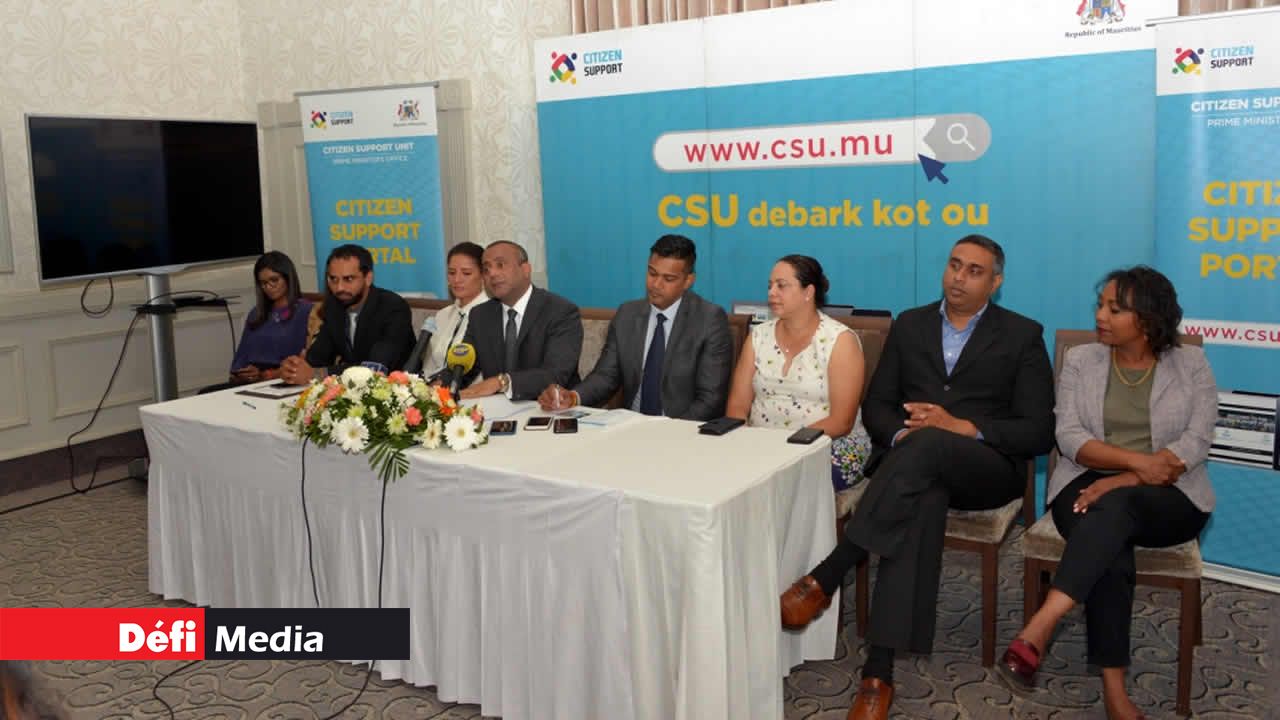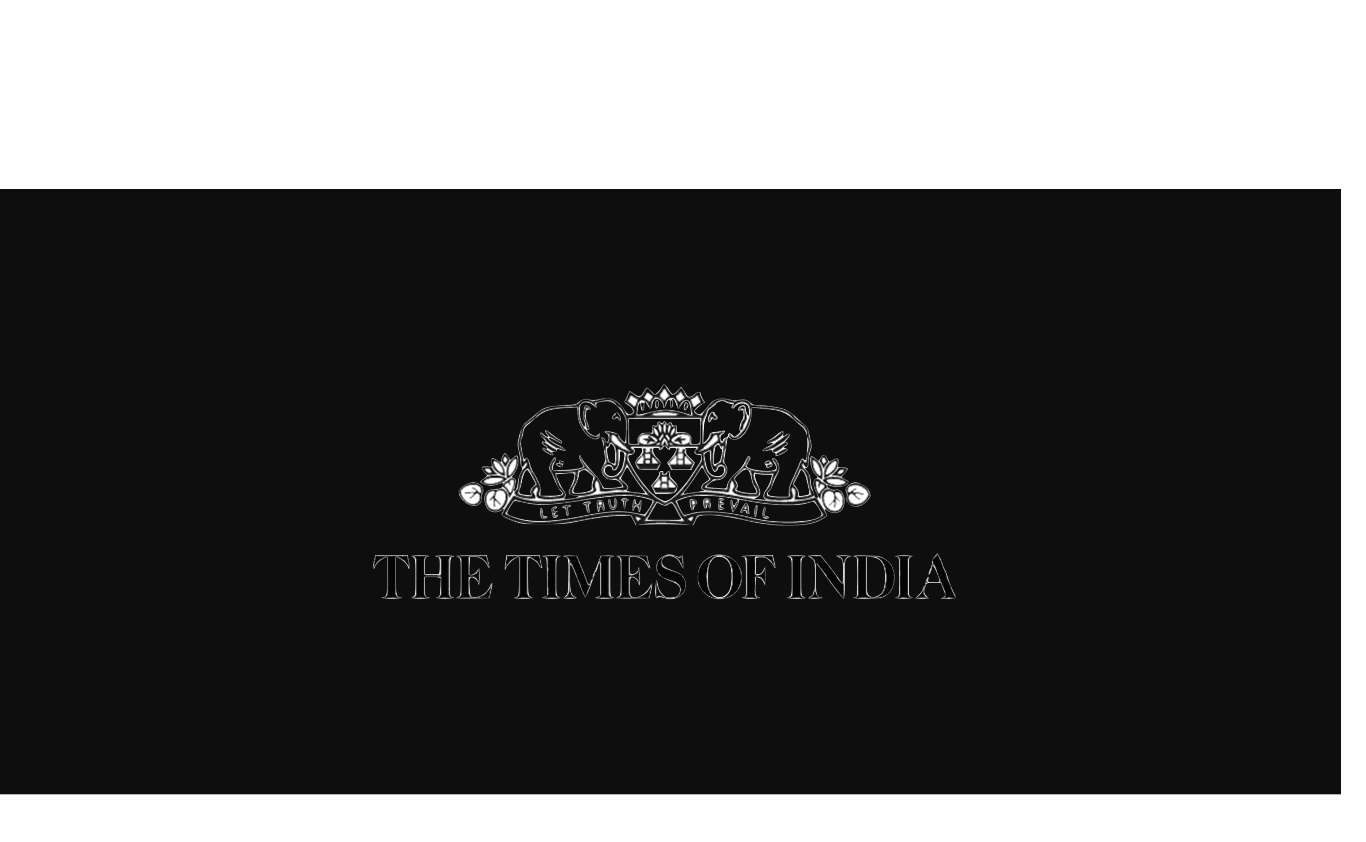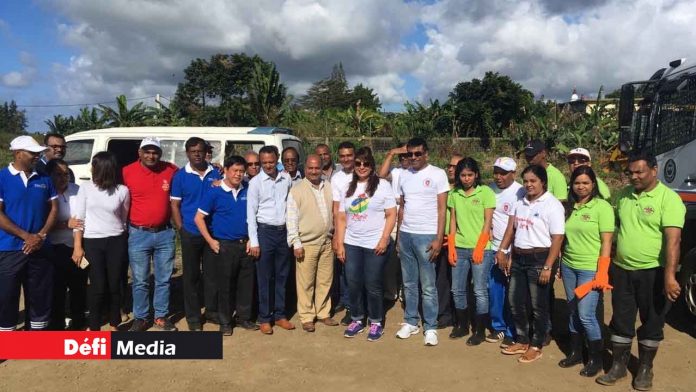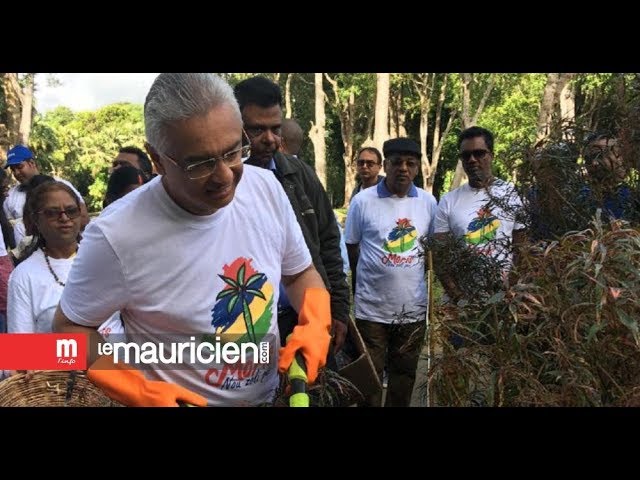Two years of Citizen Support portal : Mauritius entering the civic tech era
Source: DefiMedia.info | Posted: 24 May, 2019
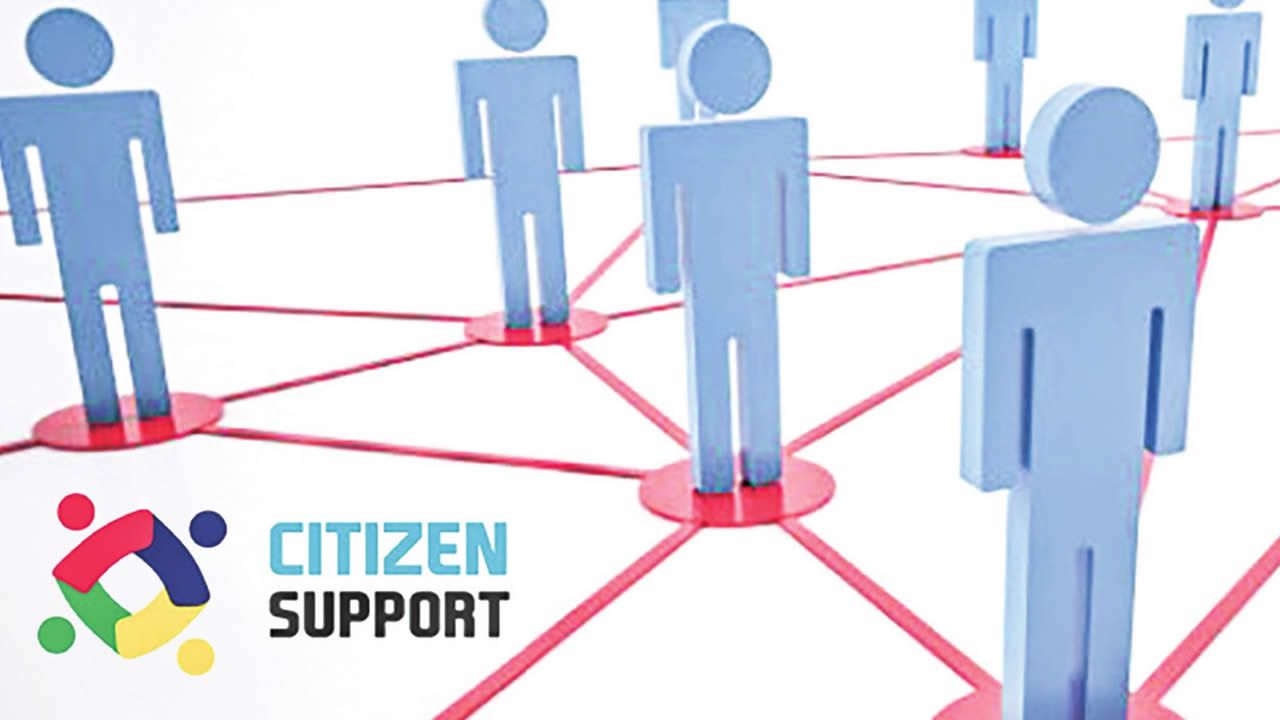
Two years of Citizen Support portal: Mauritius entering the civic tech era
Mauritius is in the midst of a technological transition. Government is trying to keep pace with a growing techno-oriented environment. Portals like ‘Citizen Support’ can play a key role in solving major issues faced by the population.
The Prime Minister’s Office just celebrated the second anniversary of Citizen Support portal. This is the first-ever platform launched by the Government of Mauritius to directly interact with its citizens, to take their complaints and suggestion and act accordingly. With this portal, the Government has not only empowered its citizens but has also revived one of the most important rights of its citizens, that is the ‘right to participate in governing of our nation’.
With the success of CSP, Mauritius has entered the era of civic tech where citizens will be in the center of development and policy-making. It also allows governments to tap new sources of ideas, information and resources when making decisions.
Civic Tech
Civic technology or civic tech can be defined as technologies that are deployed to enhance the relationship between citizens and government, by giving people more of a voice to participate in public decision making and/or to improve the delivery of services (usually by government) to its citizens. These technologies can be developed by either non-profit organizations or for-profit companies, or even by government itself.
Participation of citizens
Participatory government is today’s public policy buzzwords. It is time they become more than that. Although, many citizens choose not participate in governing of the nation. They don’t exercise their vote nor do they contribute in any other way. However, the major part believes that citizens have a responsibility to participate. Based on time available, there are many options from which a Mauritian can choose to play a part in governing the nation.
- Voting in local and national elections
- Raising awareness on a specific issue
- Raising voice against corruption, inequality or bad services by private or public sector.
- Participating in a political discussion
- Signing a petition
- Writing letters to elected representatives
- Attending meetings to gain information, discuss issues, or lend support
- Make suggestions or report a complaint on Citizen Support Portal.
- Support good practices like blood donation, following traffic rules, helping tourists, etc.
The Government portal
The Mauritius Government portal www.govmu.org hosts about 66 e-services for various ministries and departments. It also presents information resources and online services from Government sources, accessible from a single point. The portal provides access to websites of ministries and their departments, websites of State bodies and e-Services.
Citizen support in the world
The Citizen Support Portal is the first attempt made by the Mauritius government to connect with its citizens but it is not new for other democracies of the world. They are innovating, according to the needs of their citizens. It is not difficult to see how this civic tech sector will grow from here on out towards fostering more innovation in the public and private sectors and towards furthering civic engagement in the country. So, here are few good examples from around the world of civic tech.
Uganda
U- Report, a mobile platform introduced by UNICEF Uganda in 2011, is an initiative that runs large scale polls with Ugandan youth on a wide range of issues, ranging from safety to access to education, to inflation, to early marriage. The goal of the initiative was to have Ugandan youth play a role in civic engagement within the context of local issues. U-Report is still active (as of April 2018), with over 240,000 users across Uganda.
Taiwan
The V-Taiwan was created initially by members of the open source community and later as a collaboration with the Taiwan’s government. They use a conversation tool called ‘pol’, which leverages machine learning to scale online discussion.
Australia
In Australia, a platform and proposed political party called MiVote has a mobile app for citizens to learn about policy and cast their votes for the policies they support. MiVote politicians elected to office would then vote in support of the majority position of the people using the app.
Denmark
In 2002, MindLab was established by the Danish ministries of Business and Growth. MindLab was one of the world’s first public sector to design innovation labs. It has been applied to a variety of projects including rethinking Copenhagen’s waste management, improving social interactions between convicts and guards in Danish prisons, transforming services in Odense for mentally disabled adults, among others.
Estonia
In 2013, the online platform People’s Assembly (Rahvakogu) was launched for crowdsourcing ideas and proposals to amend Estonia’s electoral laws, political party law, and other issues related to democracy.
France
The most dynamic French city regarding civic tech is Paris, with many initiatives moving in the Sentier, a neighborhood known for being a tech hub. According to Le Monde, French civic tech is “already a reality” but lacks investments to scale up. In France, public data are available on ‘data.gouv.fr’. The French citizen community for civic tech is gathered in the collective ‘Démocratie ouverte’. ‘LaPrimaire.org’ organizes open primaries to allow the French to choose the candidates they wish to run for public elections.
Iceland
Beginning in October 2011, a Citizens Foundation platform called ‘Betri Reykjavik’ had been implemented for citizens to inform each other and vote on issues. Each month, the City Council formally evaluates the top proposals before issuing an official response to each participant.
Italy
The Five-Star Movement, a political party, has a tool called Rousseau, which gives members a way to communicate with their representatives.
Spain
The Madrid City Council has a department of Citizen Participation that facilitates a platform called ‘Decide Madrid’ for registered users to discuss topics with others in the city, propose actions for the City Council, and submit ideas for how to spend a portion of the budget on projects voted on through participatory budgeting.
Podemos (Spanish political party) uses a reddit called ‘Plaza Podemos’, where anybody can propose and vote on ideas.
India
India is a leading country when it comes to civic tech. The Indian government has launched 61 apps across 26 Sectors for e-service to its citizens. All these apps are also available at one portal (http://apps.nic.in) to download. A few are National Scholarships Portal, ‘e-RaktKosh’ is a comprehensive IT solution for blood banks across nation, ‘e-Aushadhi’ is a complete web-based supply chain management solution for distribution of drugs in hospitals and health centres, ‘Meri-Sadak’ is an android application by which any Indian citizen can take a picture of a road and give feedback to the Road Authority regarding the needed repairs or pace or quality of road work. The other app is ‘m-kisan’ for farmers by the Ministry of Agriculture. ‘MyVisit’ is an initiative by the Government of India to facilitate the common man to meet a government officer, hassle-free. ‘MyVisit’ facility enables the citizens to have a smooth and simple process of making an appointment. ‘Mother and Child Tracking System (MCTS)’ is an initiative of Ministry of Health & Family Welfare to leverage information technology for ensuring delivery of full spectrum of healthcare and immunization services to pregnant women and children up to five years of age. The other portal is https://ociservices.gov.in/for the assistance of more than 1.3 million OCI card holders around the world.
So Mauritius is on the route to enter the civic tech era where the citizens will have a strong voice. The success of this whole experiment depends on how the citizens make use of the platform provided by the Government.







